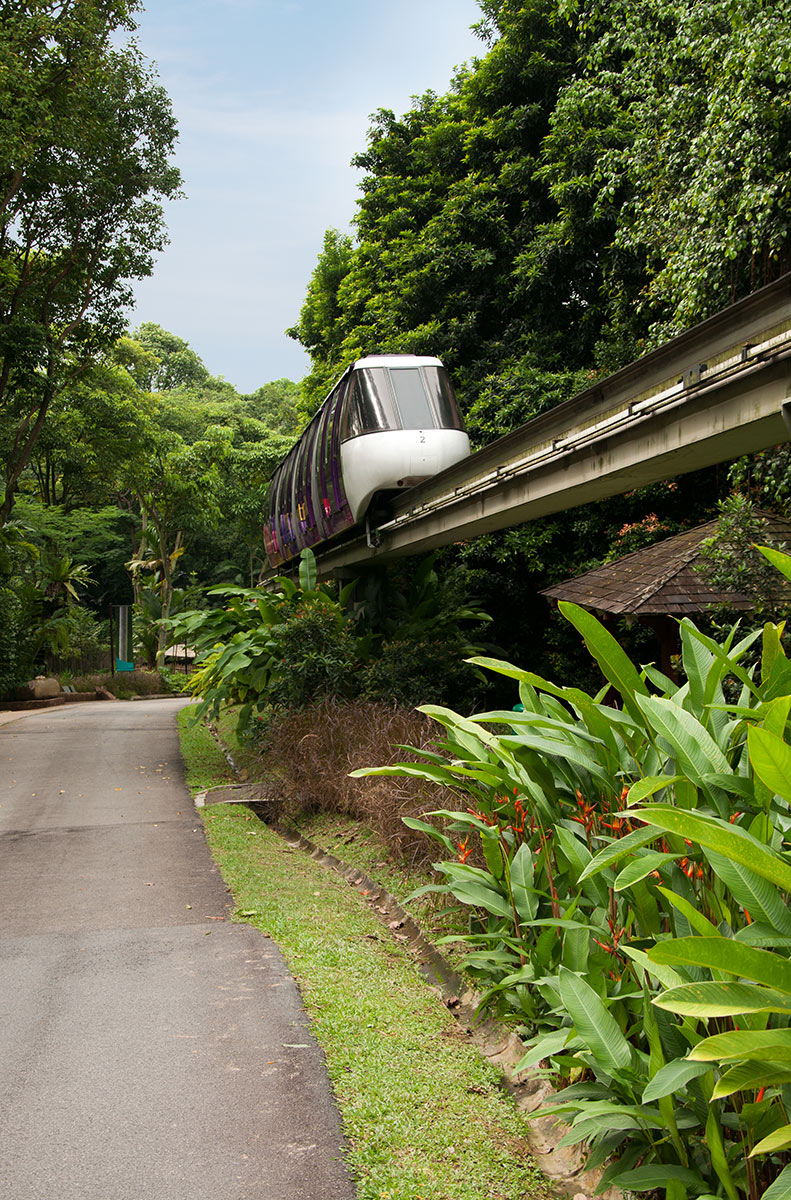Welcome to our second full Global Mobility Insights of 2024.
Within this series, you will find a summary of the key events and challenges which are likely to impact your global mobility programme over the coming weeks and months. You will also find guidance from K2 on how best to approach these challenges/mitigate their impact.
Housing
APAC as a whole: Indonesia, Malaysia and the Philippines have become top locations for increased demand, replacing Singapore and Japan. Singapore and Japan are more stable than before, but high housing costs and limited availability remain an issue in both locations.
Hong Kong: Low availability of 2-bedroom and larger serviced apartments. Popular and well-established international schools have long waiting lists.
Singapore: There has been steady hike in public transportation costs and utility bills. As of 1st January 2024, GST is now 9%. In July 2024, a recommended best practice in terms of real estate commission payable for rental properties will be launched. This proposes that the landlord pays their agent (as per the current process), and the tenant pays their own agent – i.e the landlord’s agent does not split the payment that they receive. It remains to be seen how this best practice will be received, as it will not be mandated and the majority of agents are happy to co-broke 50:50.
Taiwan: Housing prices are on the rise. The most sought-after features at condominiums, e.g balconies and swimming pools, are hard to come by. Rental property demand is expected to stay high, and prices are expected to increase within the next few months.
Japan: The rental market remains competitive as most popular units are allocated through a sealed/competitive bid. There is a continued shortage of available housing units, especially larger serviced apartments. The irregular moving patterns/trends for arriving expats is making it difficult to predict volume or provide a longer term forecast of school and housing availability. Although improving slightly, the JPY is still weak against the USD.
Kenya: The major challenge is that the Shilling continues to weaken: there has been a drop of KES 7 in just one month. With the rate now at KES 160+ to the dollar, more and more
landlords are dollarising their properties in both the rental and the sale market. Landlords continue to demand the same dollar rate as before, irrespective of the gains when prices are converted into shillings.
Tanzania: Currently, the rental market in Dar es Salaam is experiencing a significant boom. This is largely due to the city’s rapid urbanisation and population growth. With an annual growth rate of about 5.6%, the demand for rental properties is skyrocketing. Despite its potential, the Dar es Salaam rental market is not without its challenges. Infrastructure issues, such as unreliable water and electricity supply, can affect rental property values.
South Africa: Cities have witnessed a resurgence in demand as professionals and students have gravitated back towards them. This shift is the result of companies pushing to get their employees back into the office following the Pandemic, combined with people seeking the convenience and connectivity that city living provides.
The market is starting to shift slightly from traditional long-term leases to more flexible, shorter-term arrangements. The Western Cape has the lowest number of vacant units with a vacancy rate of just 3.62%: a lack of residential rental stock combined with a strong demand rating is stimulating rental escalations in this area.
Immigration
Singapore: Revision of minimum qualifying salary for EPs. In a press release from MOM, it is announced that the minimum qualifying salaries for EPs will increase from SGD 5,000 to 5,600 per month. The qualifying salary will increase with age, up to 10,700 for a candidate in their mid-40s. For the Financial Services sector, the minimum qualifying salary will increase from SGD 5,500 to SGD 6,200 per month. The qualifying salary will also increase with age, up to SGD 11,800 for a candidate in their mid-40s. We understand that the revised qualifying salaries will apply to new EPs from 1 January 2025 and to renewal applications from 1 January 2026. It is also mentioned that further updates relating to this increase will be released later in March 2024.
Updates to Marine Shipyard sector workforce policies. MOM also announced changes to the work permit framework in the marine shipyard sector, which will take effect from 1 January 2026. The key updates are summarised below:
- Reduction in the Dependency Ratio Ceiling (DRC) from 77.8% to 75, which impacts the number of foreign nationals which can be hired in a company.
- Increase the levy from SGD 400 to SGD 500 for “Basic Skilled” R2 Work Permit Holders (WPHs), and SGD 300 to SGD 350 for “Higher Skilled” R1 WPHs.
Africa: A notice has gone out from the Department of Home Affairs to all international visitors who were hoping to extend their stay by another 90 days: they will now need to leave the country two months earlier than they had hoped to. The Border Management Authority is under strict instructions from the DHA to enforce the directive, which also gives applicants whose waiver and visa applications (including long-term visa applications) were still pending as of 30 November 2023, another extension – they are permitted to remain until 30 June 2024 on their current visa status.
UK: 4th April 2024. From this date, those applying for a Skilled Worker Visa will need to meet a minimum salary threshold of £38,700; currently, the threshold is £26,200. The threshold has been raised to attract skilled, highly paid talent from around the world. This change will not affect the Health & Care Visa route.
6th April 2024. From this date, the requirement to renew Sponsor Licenses will be discontinued. Existing Licenses will automatically be extended for a 10-year period.
11th April 2024. From this date, the minimum income requirement for a Family Visa will increase to £29,000. Between 11th April and early next year, it will increase twice more – first to £34,500 and then to £38,700. The £38,700 threshold is in line with that of the Skilled Worker route.
K2 are keeping a close eye on all the elements detailed above and will provide further updates as and when they come through. In the meantime, should you have any questions or concerns, please contact your K2 Account Manager.





